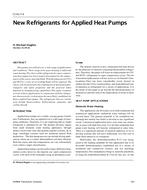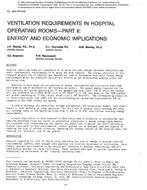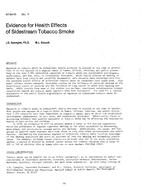Quantification of natural ventilation rates is an important issue in HVAC system design. Natural ventilation in buildings depends on many parameters whose uncertainty varies significantly; hence, the results from a standard deterministic simulation approach could be unreliable. This study involved performing uncertainty analyses to predict natural airflow rates. The paper presents relevant uncertainty in model parameters such as meteorological data, building properties (leakage areas of windows, doors, etc.), etc. Uncertainties of the aforementioned parameters were quantified based on data available from literature and on-site visits. The Latin Hypercube Sampling (LHS) method was used for uncertainty propagation. LHS is one of the Monte Carlo simulation techniques that is suited for our needs. CONTAMW was chosen to simulate natural ventilation phenomena in a high-rise apartment building that is typical of residential buildings in Korea. It is shown that the uncertainty propagated through this process is not negligible and may significantly influence the prediction of the airflow rates.
Units: SI
Citation: ASHRAE Transactions, vol. 113, pt. 2
Product Details
- Published:
- 2007
- Number of Pages:
- 9
- File Size:
- 1 file , 6.3 MB
- Product Code(s):
- D-LB-07-019


